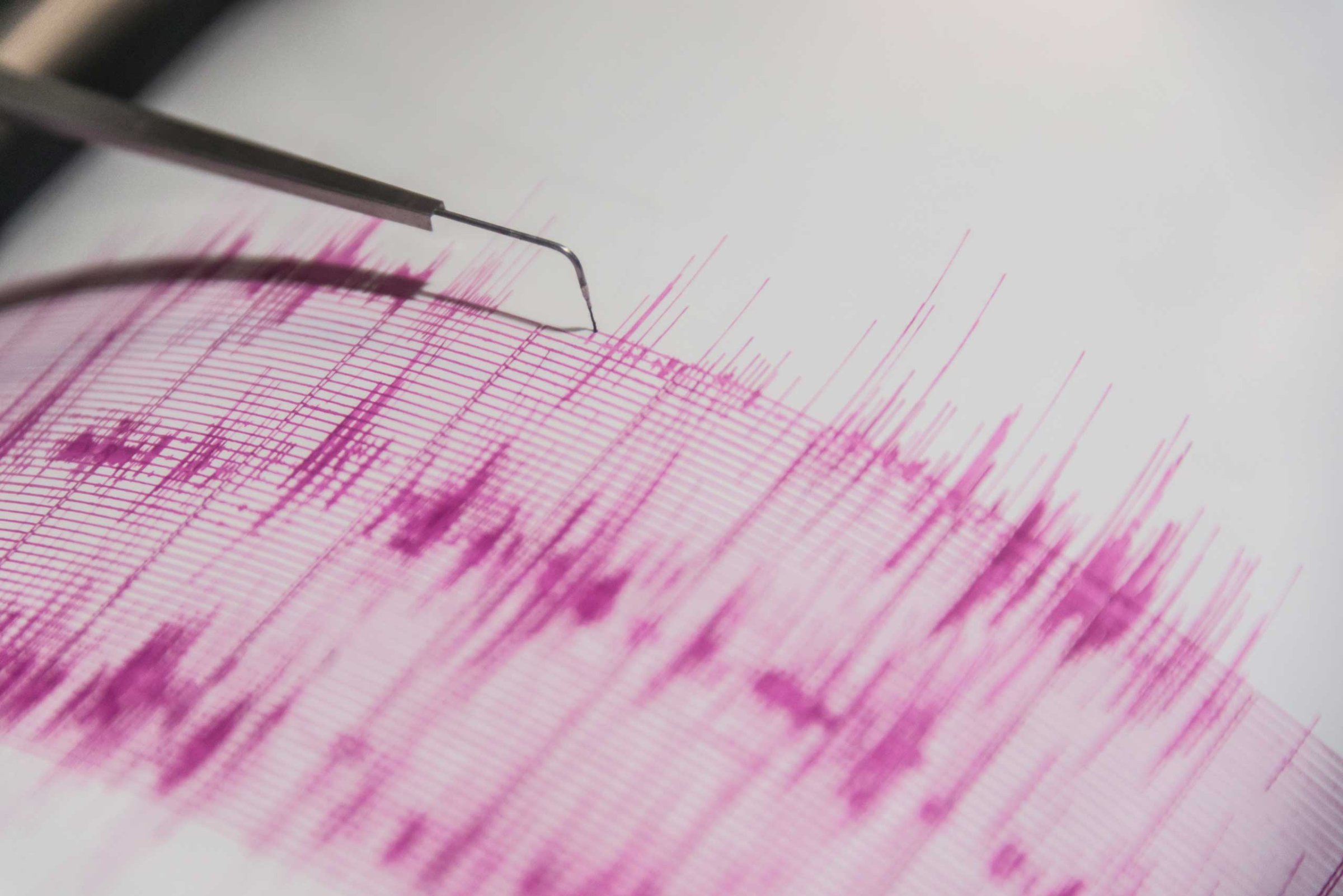
Animals may be able to sense an earthquake coming as long as three weeks before it happens, well before humans can, a new international study found.
By examining footage from motion-sensor cameras in Peru’s Yanachaga National Park, scientists found that animal activity declined significantly in the month before a major 7.0 magnitude earthquake struck, according to a study published in Physics and Chemistry of the Earth. During the three weeks before the earthquake, the cameras recorded about a third as many animal sightings as usual, and in the five to seven days before the quake, the cameras recorded no animals at all. The researchers think that animals may be more sensitive to positive ions in the air that build up when rocks in the earth’s surface are stressed leading up to an earthquake, which may cause them to flee.
This is not the first time researchers have noted this phenomenon—scientists in China and Japan have been studying it for a while, noting that lab rats have a harder time sleeping ahead of an earthquake.
(h/t CNN)
More Must-Reads From TIME
- The 100 Most Influential People of 2024
- How Far Trump Would Go
- Scenes From Pro-Palestinian Encampments Across U.S. Universities
- Saving Seconds Is Better Than Hours
- Why Your Breakfast Should Start with a Vegetable
- 6 Compliments That Land Every Time
- Welcome to the Golden Age of Ryan Gosling
- Want Weekly Recs on What to Watch, Read, and More? Sign Up for Worth Your Time
Write to Charlotte Alter at charlotte.alter@time.com